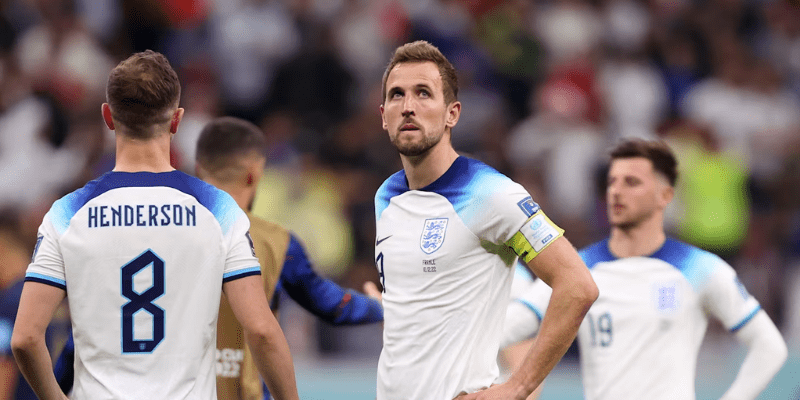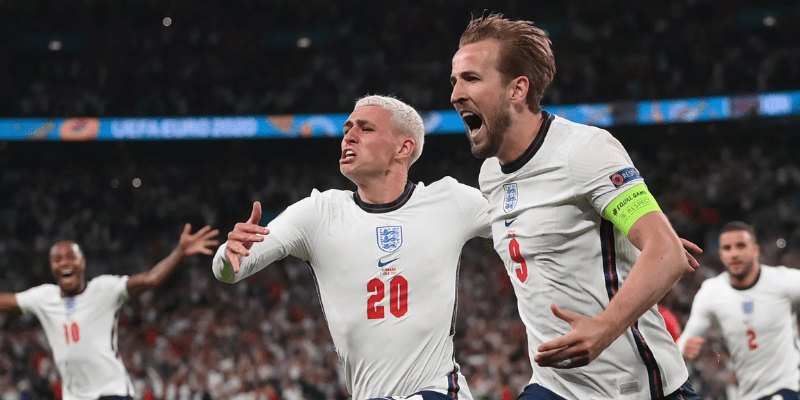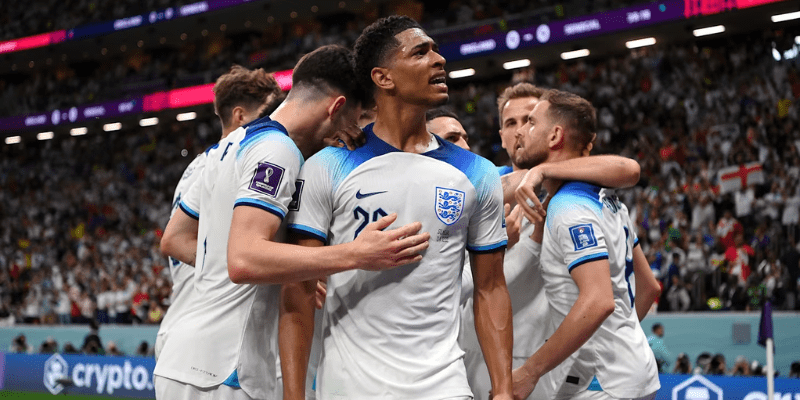England’s history at the football World Cup is rich, emotional—and full of heartbreak. England’s best performance at the World Cup is etched in golden letters for one unforgettable summer in 1966, but later tournaments—1990, 2018—offered new flashes of hope and what-could-have-beens. In this article, ZaneyStrike will walk you through the full story: the highs, the lows, the numbers, and why 1966 still rules the hearts of English fans.
The Glory Year: 1966 – Triumph at Home

No discussion of England’s best performance at the World Cup can begin without 1966. That tournament, hosted by England, delivered the Three Lions’ only World Cup title—a moment for the ages.
Road to Glory
England entered the tournament as host and under pressure, but they delivered defensively solid performances early, keeping clean sheets through group stages. In the knockout rounds, they edged past Argentina (1–0) then defeated Portugal (2–1) in the semi-finals. Their route showed grit, organization, and a side growing in confidence.
The Final That Made History
On 30 July 1966 at Wembley, England faced West Germany in the final. The match itself became part of football folklore. West Germany led early, Geoff Hurst equalized, Martin Peters gave England the lead, then Germany drew level in the 89th minute to force extra time. In extra time, Hurst scored twice more—his second goal remains controversial as to whether the ball fully crossed the line. England won 4–2 after extra time and lifted the trophy on home soil.
His hat-trick made him the first (and for decades only) player to score three in a World Cup final. The match drew nearly 100,000 fans in the stadium and millions on TV—the most-watched event in UK history for years.
This remains England’s only World Cup title, making it the undeniable pinnacle.
Best Finishes After 1966: Fourth Places and Near Misses
Although 1966 stands alone at the top, England’s World Cup history has a few other standout tournaments—moments of promise, heartbreak, and resurgence.
1990: The Dark Horses
In Italia ’90, England reached the semi-finals after navigating a tight group and knockout rounds. That campaign culminated in a penalty shootout exit to West Germany in the semis, followed by a loss in the third-place playoff to Italy. The result: 4th place, the first time England had finished among the top four since 1966.
This performance was not just a statistical high—it revived national hope that England could break free.
2018: A Return to the Big Stage
After years of underachievement, the 2018 Russia World Cup under Gareth Southgate grabbed global attention. England reached the semi-finals again, beating Colombia and Sweden before falling to Croatia 2–1 in extra time. In the third-place playoff, they lost to Belgium and settled for 4th place again—a result that matched Italia ’90 but came with renewed optimism.
That tournament showcased a younger England squad with identity, spirit, and a renewed belief that they could compete with the best.
What Makes 1966 Still the Benchmark?

Why does England’s best performance at the World Cup still refer to 1966, even in light of other strong campaigns? Here’s why:
1. Only Title in the Trophy Room
No other England tournament has delivered a trophy. A title automatically outranks fourth, semi-final exits, and valiant campaigns.
2. Home Advantage & National Euphoria
Being host gave England a unique edge—packed stadiums, national energy, fewer logistic burdens. The sense of “this is our moment” turned into reality.
3. Iconic Moments
Geoff Hurst’s hat-trick, the “ghost goal” controversy, Bobby Moore lifting the trophy—these are etched in cultural memory, woven into songs (“Three Lions”) and national legend.
4. Statistical Edge
In 1966 England conceded few goals, showed consistency, and delivered decisive results in all knockout stages. Later campaigns had flaws, weaker defenses, or elimination by fine margins.
Honorable Mentions & Statistical Highlights
While no tournament rivals 1966 in terms of ultimate achievement, other World Cup editions delivered memorable moments and records:
- Most goals in a match: England beat Panama 6–1 in 2018, scoring five in a single half.
- Equal high score: England matched that in 2022 with a 6–2 win over Iran.
- Golden Boot heroes: Gary Lineker won the top scorer award in 1986, Harry Kane won it in 2018.
- Consistent appearances: Goalkeeper Peter Shilton played in four World Cups (1982, 1986, 1990) making him one of England’s most capped tournament players.
But none of these statistical glories eclipsed the ultimate glory of lifting the cup itself.
Today and Tomorrow: Is England Closer to Repeating 1966?

In recent World Cups, England has seen quarter-final finishes and some thrilling matches, but nothing has matched the drama and success of 1966. The 2022 World Cup ended in a quarter-final defeat to France, and earlier tournaments brought group-stage exits or disappointing eliminations.
But the 2018 run planted seeds of belief. The current England squads combine young talents with experience. The question now is: can they turn promise into silverware? If they can, they’ll join 1966 as the new England’s best performance at the World Cup—and redefine what greatness means.
Conclusion
England’s best performance at the World Cup remains their 1966 triumph—an unforgettable summer when home soil, talent, courage, and pivotal moments converged to deliver football history. Yet, the semi-final runs of 1990 and 2018 serve as reminders that the ambition remains alive. England has come close again and again, and the dream of repeating 1966 burns on.
Now, ZaneyStrike invites you to dive deeper: check our detailed features on the 1966 squad, semi-final campaigns, and player statistics. Explore match breakdowns, player profiles, and comparative top-10 lists—your next stop in England’s World Cup story.






